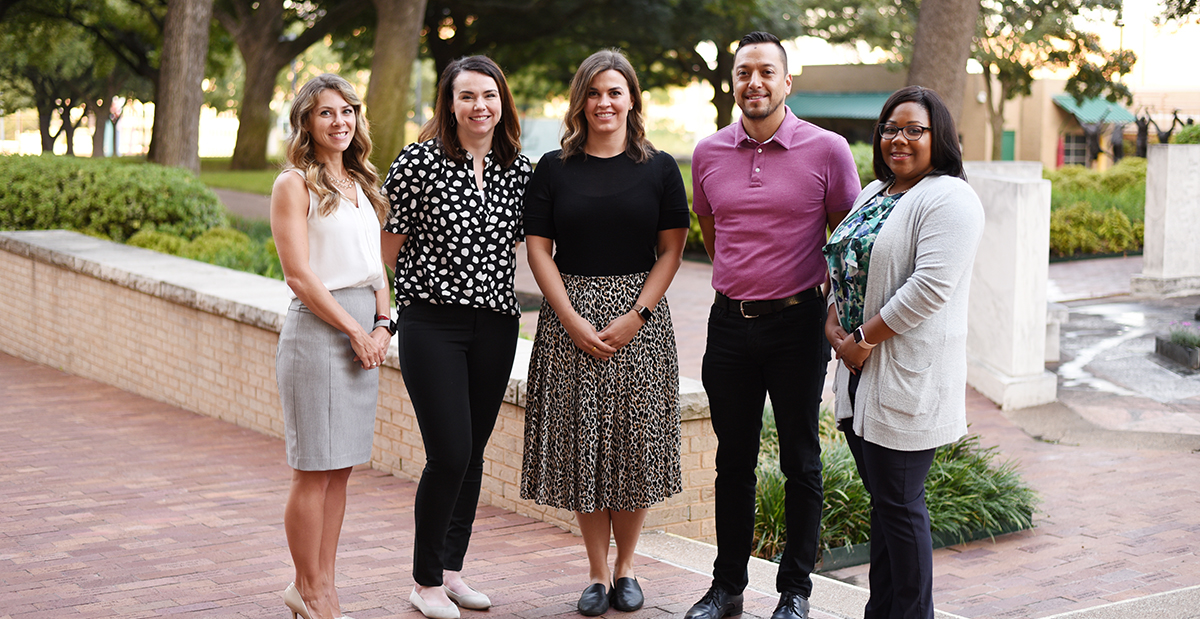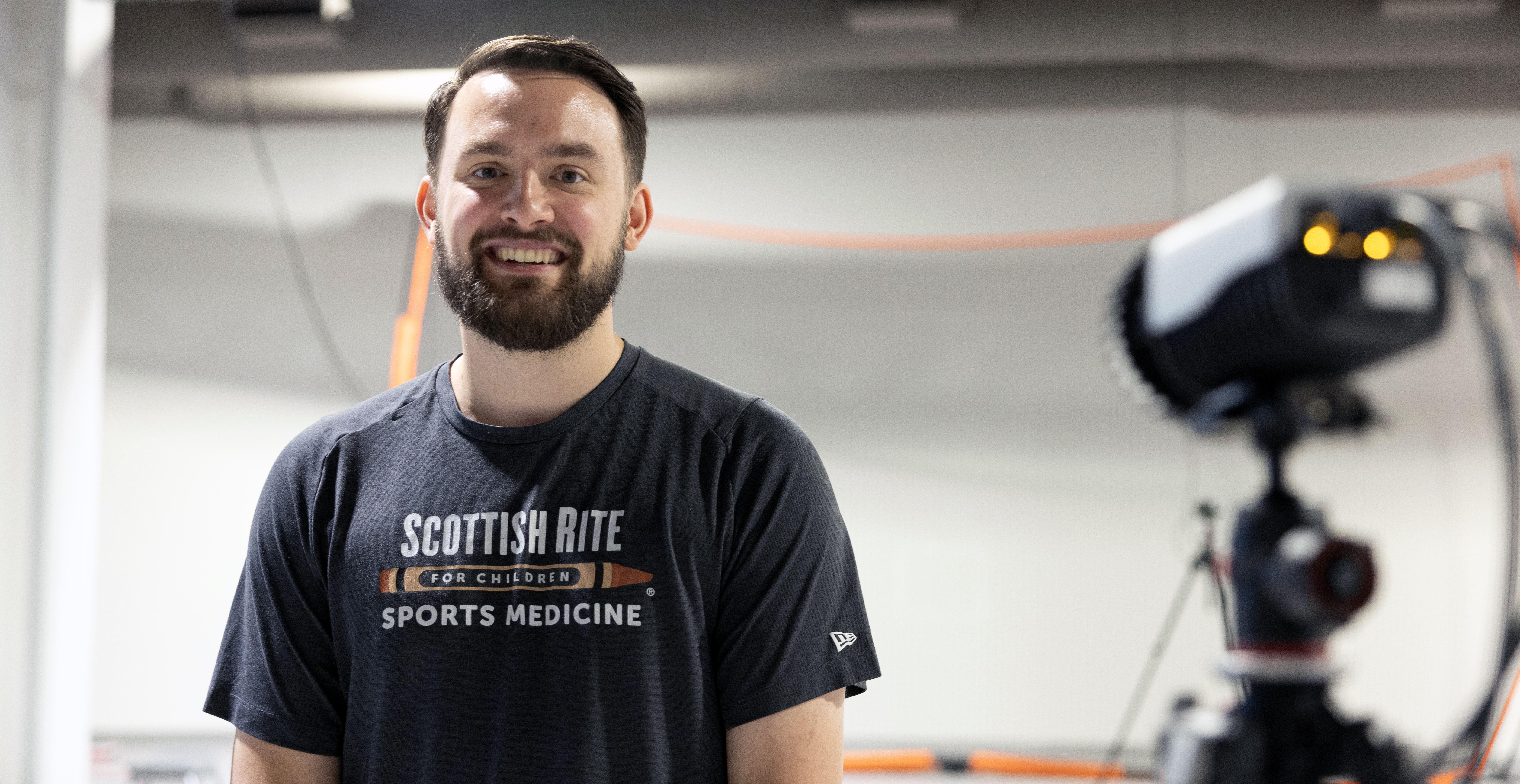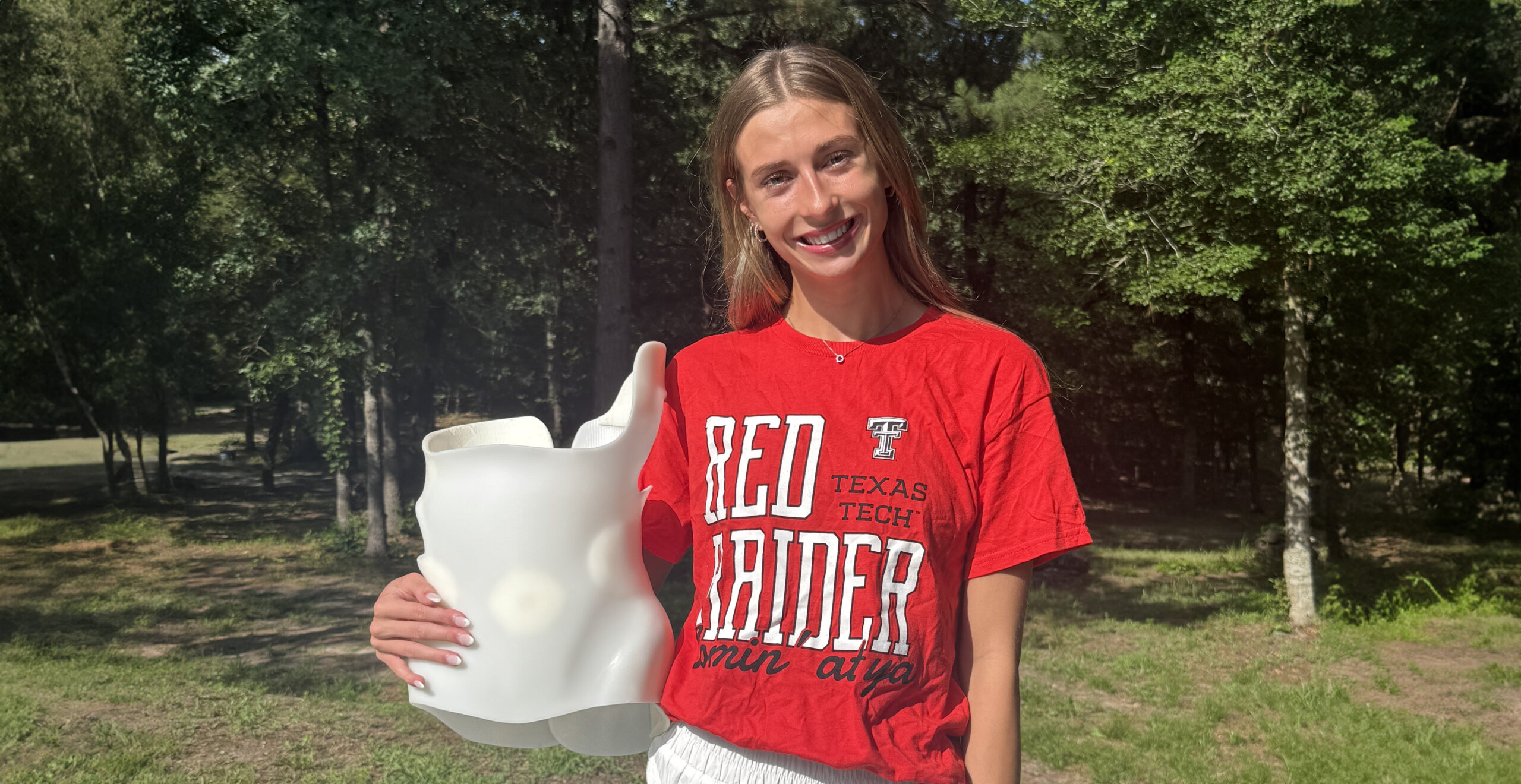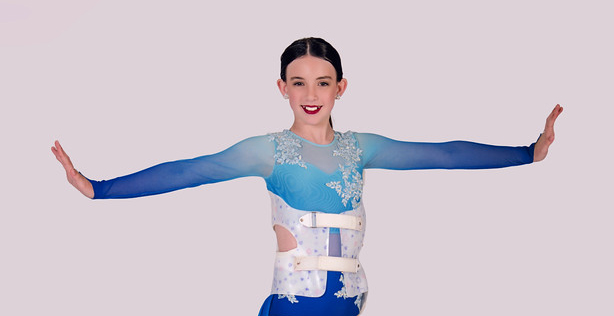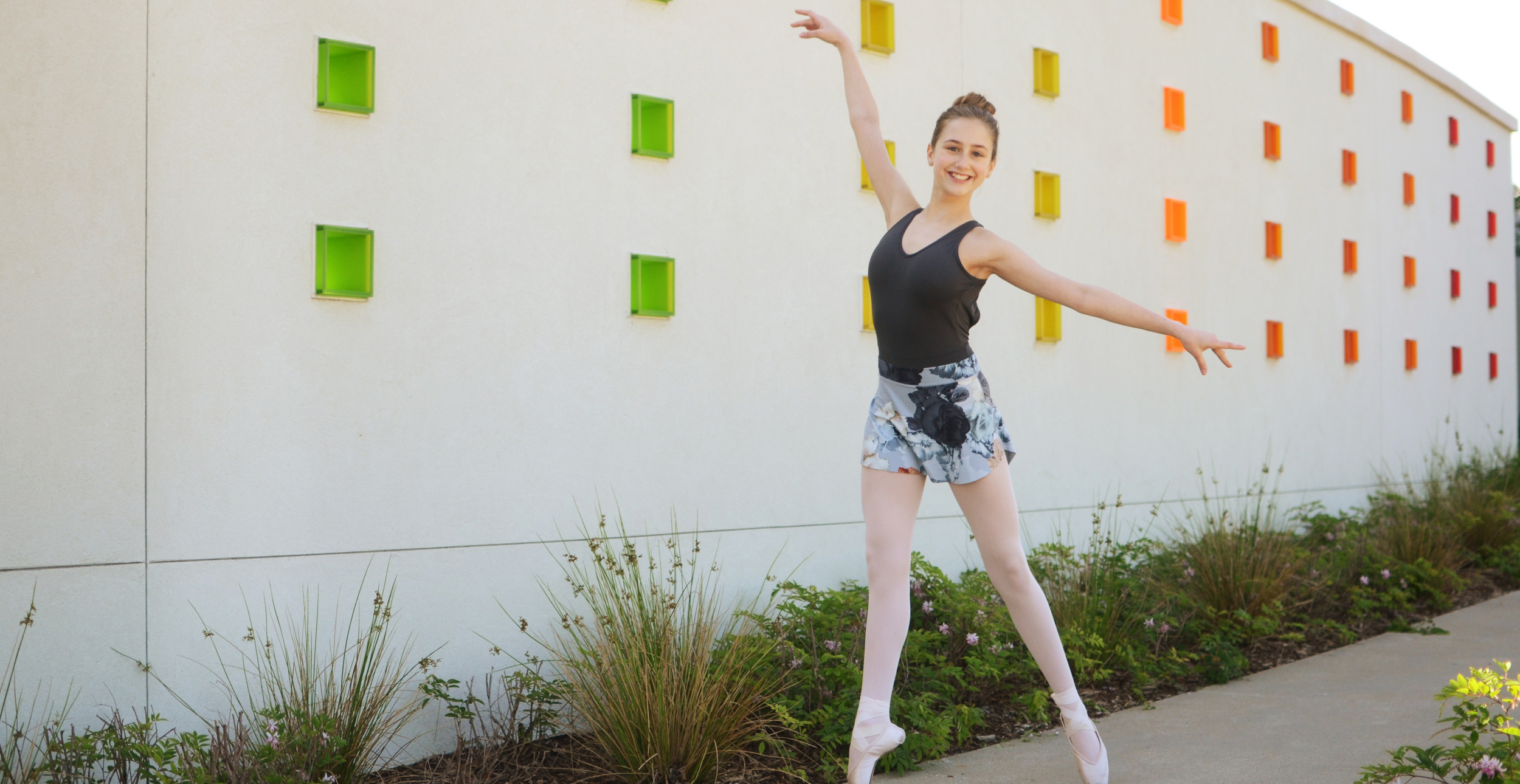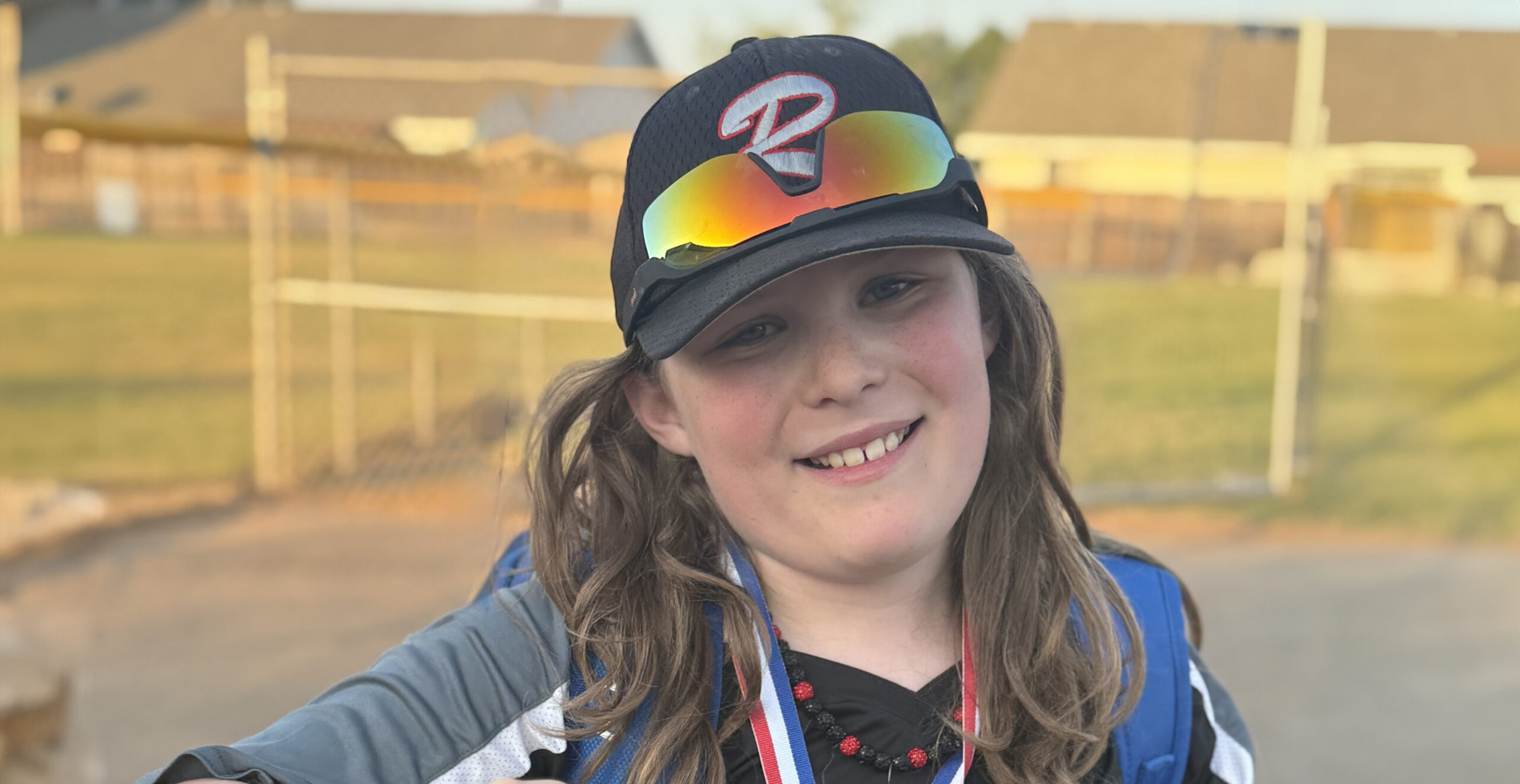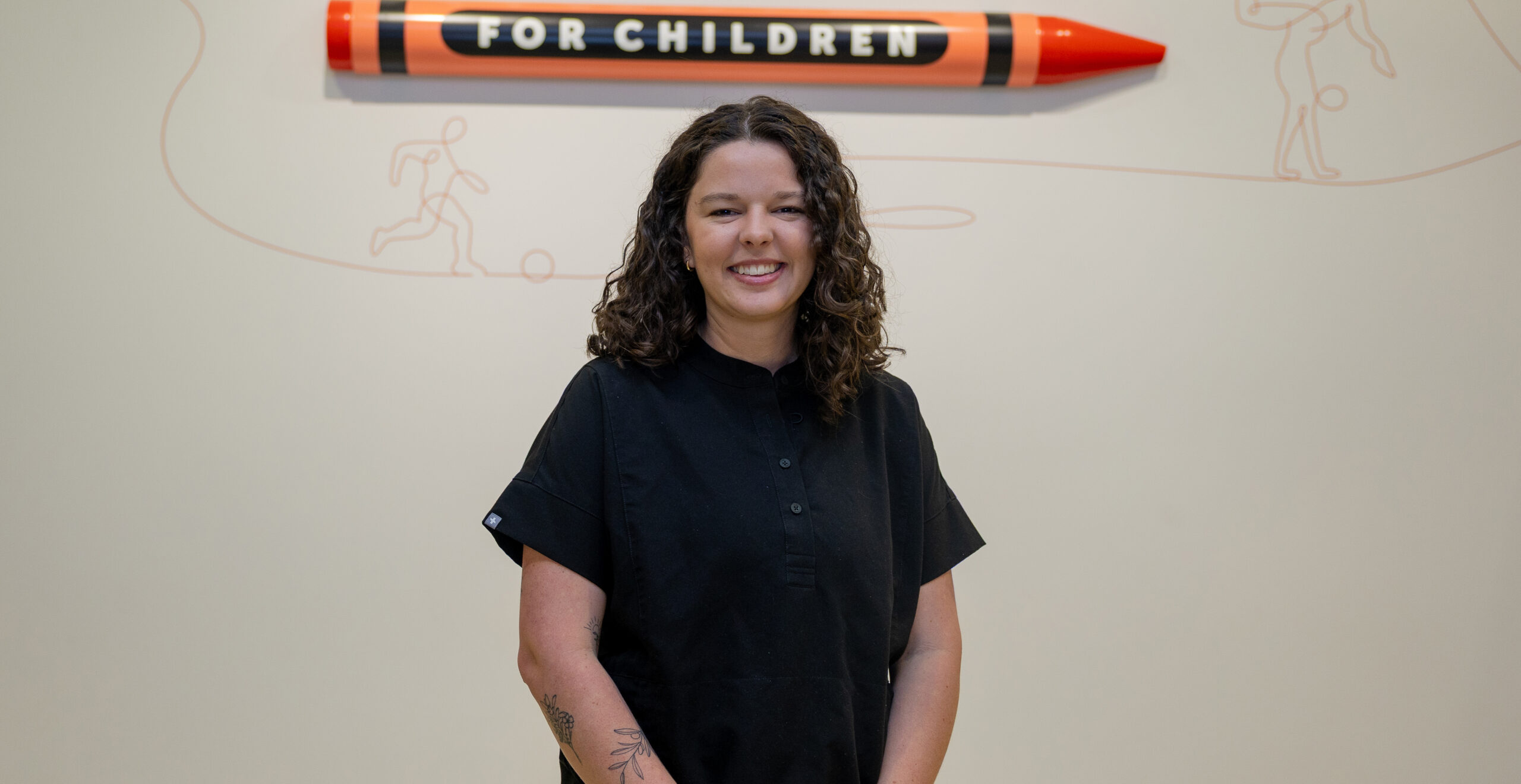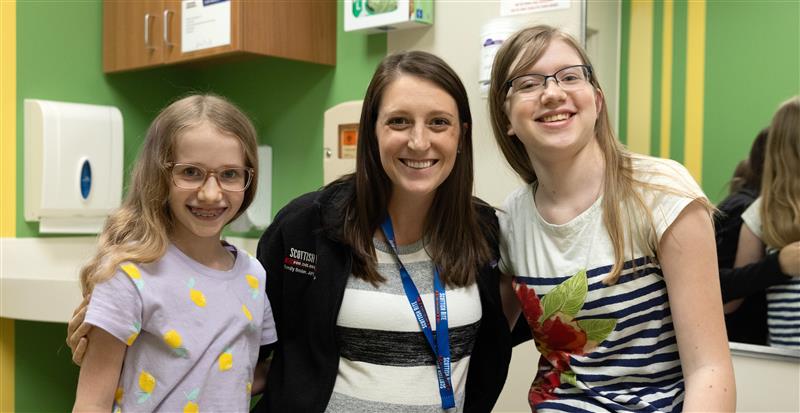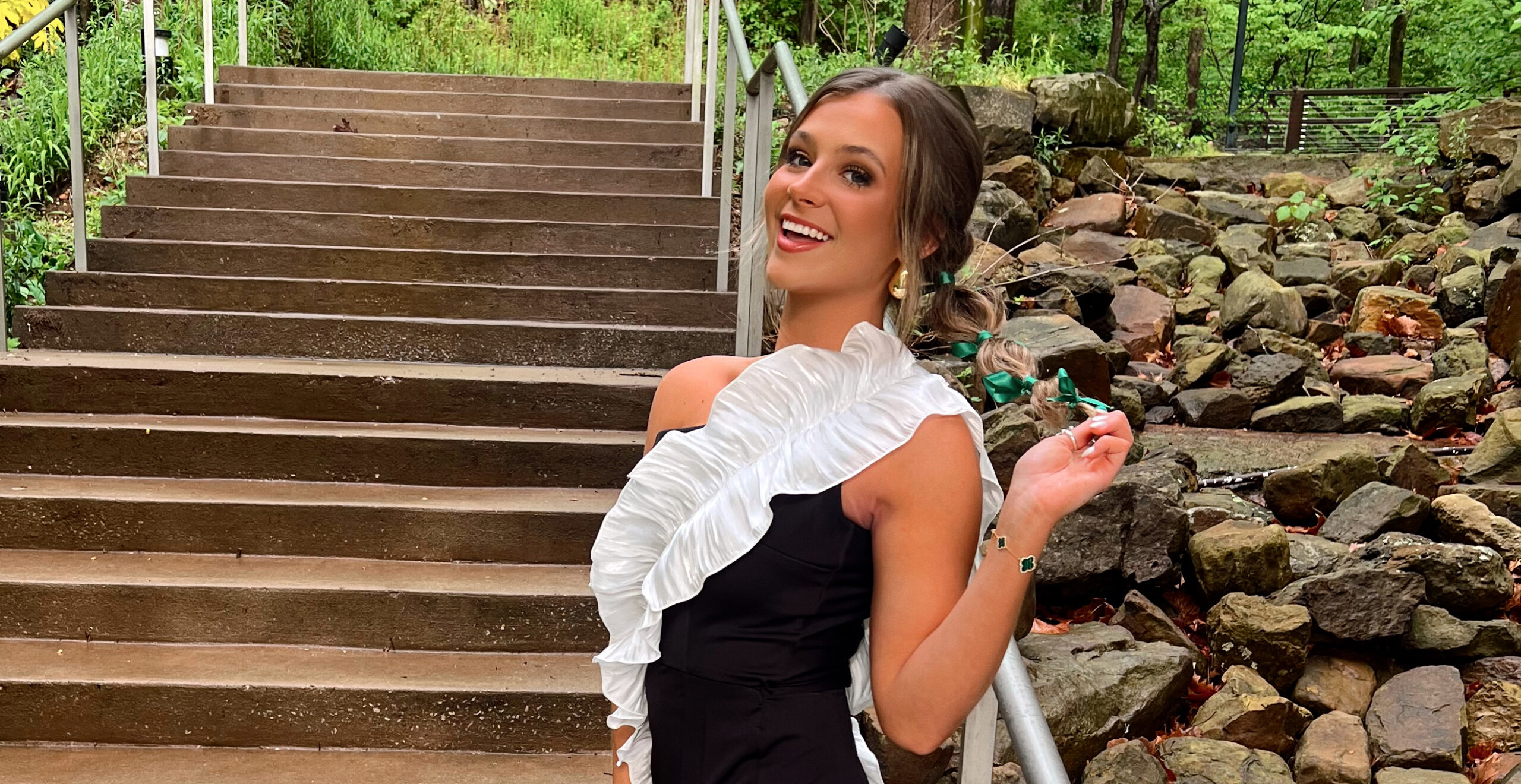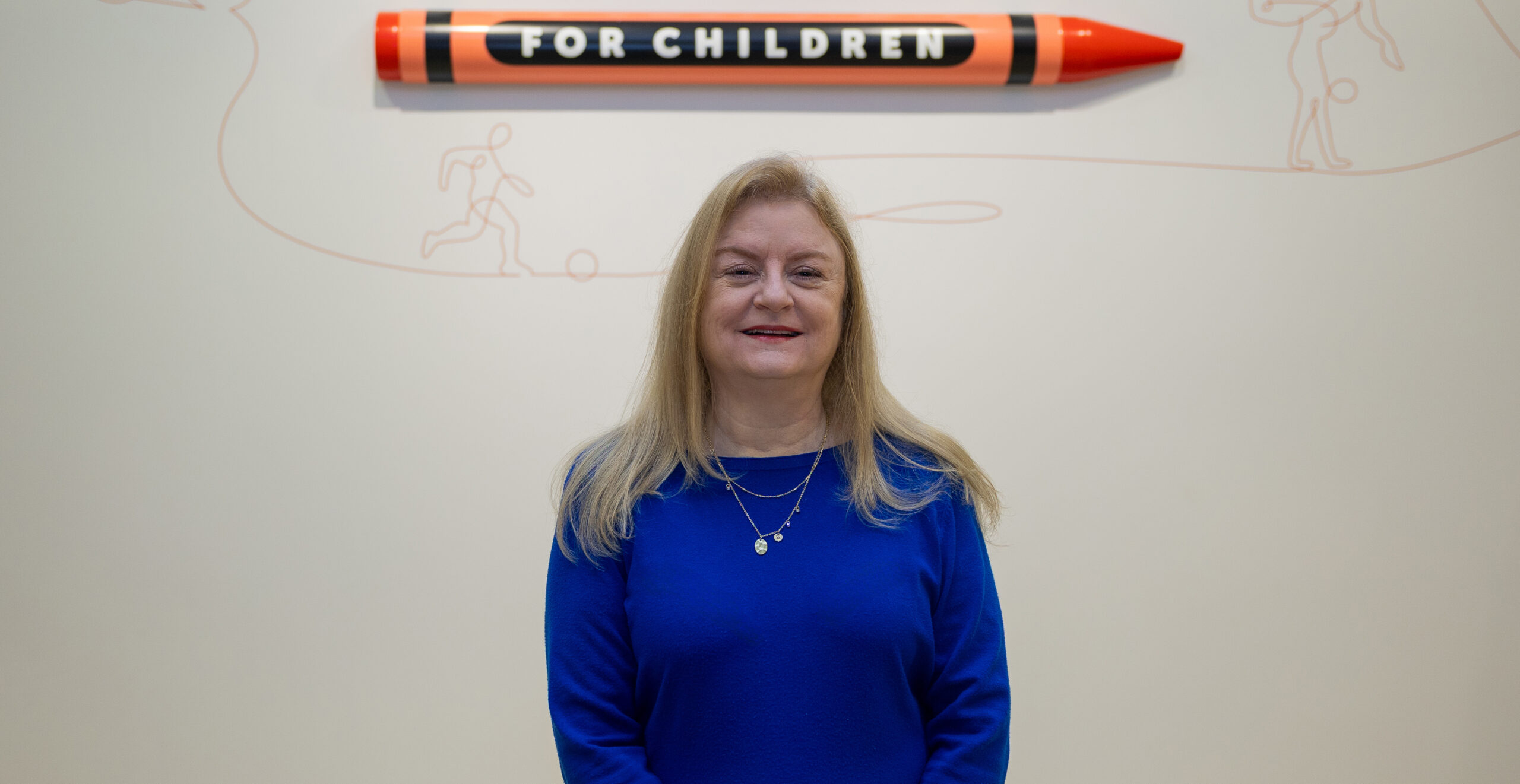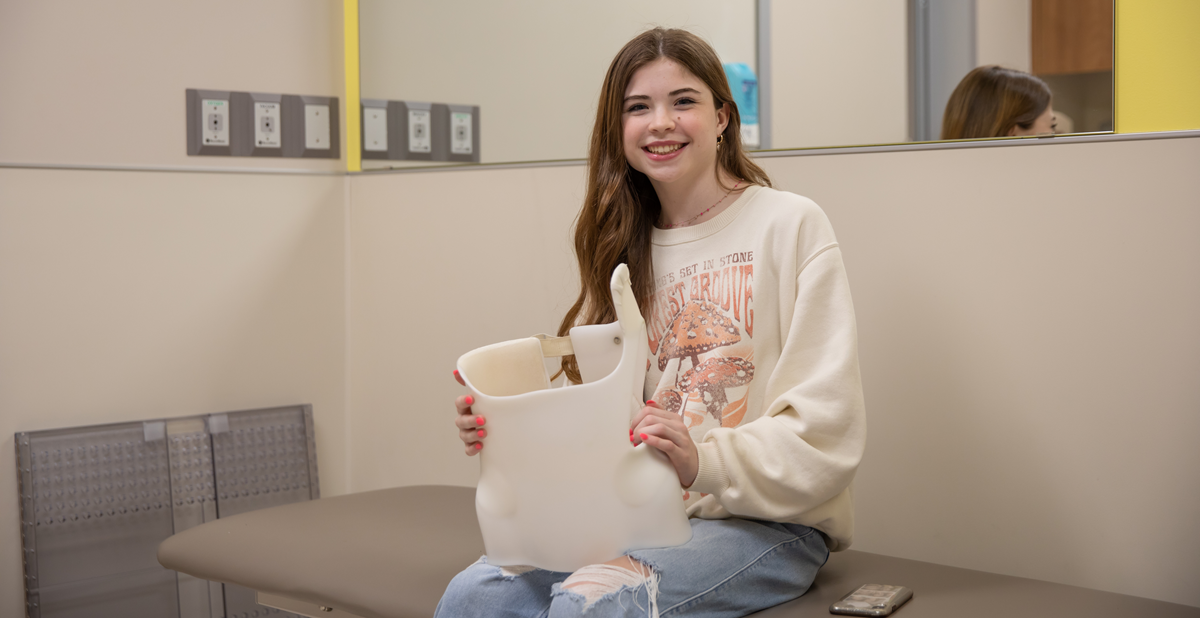We play many roles. At Scottish Rite, our providers treat the whole child – this includes children’s physical and emotional health. Specifically, our psychologists are trained in the many pediatric medical conditions treated here. This means we can help patients and families understand and adapt to their diagnoses. It also means that we can help patients and their families understand their treatment options and support families throughout medical decision making.
If surgery is recommended, we help patients and families to become as knowledgeable and prepared for surgery as possible, including prepping patients for any post-operative expectations. We also assist patients in supporting their adherence to any treatment recommendations, such as brace wear, medication or physical therapy.
Why is psychology involved in patients’ pre-surgical preparation?
There are many psychosocial and behavioral factors that may impact a patient’s readiness for surgery, as well as their recovery post-operatively. Psychology’s involvement in pre-surgical evaluations helps to proactively address any concerns that may impact a patient’s recovery and rehabilitation, which in turn helps to mitigate post-operative challenges.
Additionally, we provide patients and their families significant, developmentally appropriate education, to ensure that they fully understand the surgical procedure, as well as what is expected from them throughout the recovery process. Having this information ahead of time helps to provide patients with a roadmap of what to expect and allows them to feel in control. These evaluations are also used to answer any questions the patient and family may have.
How is psychology involved in pain management?
Our team is uniquely trained to support children and adolescents with pain concerns, whether from acute injury, surgical pain or chronic pain complaints. Scottish Rite psychologists play an important role in assessing psychological, social and environmental factors that may impact a patient’s experience of pain and by providing targeted intervention. Our team has expertise in evidence-based psychological pain management interventions, like cognitive-behavioral approaches, including relaxation skills training, distraction techniques, cognitive restructuring and parent training.
How are you different from a counselor or therapist a patient may see in the community?
That’s a great question. Our team is different in that we are focused specifically on supporting patients and their families as part of their medical care at Scottish Rite. We know that having a medical condition may elicit feelings of stress, anxiety, worry or sadness. We also know that stress, anxiety, worry or sadness can exacerbate certain medical conditions and make treatment more difficult to manage. We support patients and families in understanding those relationships and how to cope with them.
That said, we greatly value mental health providers in the community and will frequently partner with them. For example, if a patient is working with a counselor in their community, we may ask to speak to that counselor to help coordinate care. Or, if appropriate, we may recommend that a patient work with a local counselor or psychiatrist to receive additional, longer-term support.
In addition to seeing patients, what other roles do you play at Scottish Rite?
In addition to clinical care, our team is also very involved in research. We have partnered with many of the surgeons and physicians throughout the institution on active lines of research and regularly present at national conferences. We also have a Pediatric Psychology Fellowship training program, where we provide training, education and supervision for post-doctoral fellows in pediatric psychology. Additionally, we are involved in numerous committees within Scottish Rite, and we are engaged in nation-wide psychology organizations such as the American Psychological Association.
MEET THE TEAM

Special interests – I am particularly interested in the provision of interdisciplinary care, the role of the family in supporting pediatric patients and transitional care.
I like working in pediatrics because: The patients I get to serve. Children are curious, insightful, honest, funny, adaptable and resilient. It is incredibly rewarding to support a patient in their medical journey and assist in making it as positive an experience as possible.
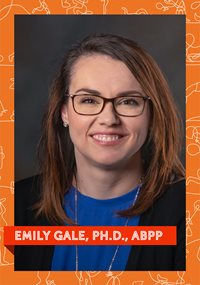
Area(s) of expertise – I work with a variety of departments and teams, including Rheumatology, General Orthopedics, Prosthetics and scoliosis teams. I love the variety of the clinics I support and being able to meet families with an array of medical conditions.
Special interests – I particularly enjoy working with children and teens who are experiencing chronic pain. Psychology plays a critical role in chronic pain management and I enjoy seeing children and teens return to the activities they enjoy. Recently, I have developed expertise in the emotional and psychological needs of patients with a prosthesis.
I chose to work at Scottish Rite because: The mission is consistent with my training of treating the whole child and family. I was eager to join a team who cares about giving kids more than a positive medical outcome, but also a positive emotional outcome for the patient and their family.
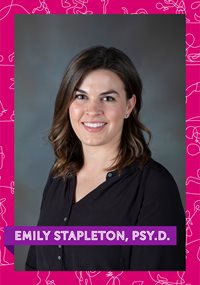
Special interests – I enjoy working with and supporting young athletes throughout the course of their medical treatments, especially related to coping with anxiety and pain related to treatment and addressing barriers to adherence and return to sport.
Scottish Rite is special because: The organization stands true to its mission in “treating the whole child and never just the condition.” The provision of wholistic, interdisciplinary care is what is so special. Every staff member cares so deeply about each patient and works tirelessly to ensure the best possible outcomes, both medically and psychosocially.
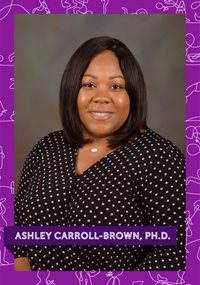
Special interests: Childhood trauma, providing coping assistance to those with acute and chronic illness/injury, pain management, behavior management, providing integrated behavioral health care and providing trauma informed care
I chose my specialty because: Throughout the course of my training and clinical practice, I have developed a passion for working with children and adolescents, along with the team around them, in helping them strive to become the best version of themselves as they process and cope through difficult traumas in their life. Working with childhood trauma and physical health related issues has become a primary focus for me over the course of my early years as a psychologist. I believe that providing education and intervention to children, families and fellow medical providers on how emotional and physical functioning can be connected is one of the most important interventions to begin the healing process for the whole child.
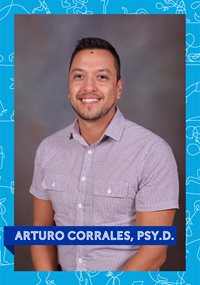
Special interests – I love working with preschool populations and children on the autism spectrum, as well as teaching parents new techniques to improve their child’s behavior. I also enjoy training and educating others on culturally humble and sensitive practices we can employ to be more respectful in our approach with diverse patients.
How do you help your patients feel comfortable: I enjoy working with younger populations because I get to bring out my inner clown and be comical. Therefore, I use a lot of humor and comedy in my interactions with children and adolescents. It often helps them see my humanity first, as opposed to my professional hat.


